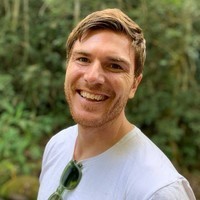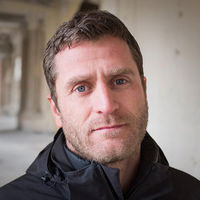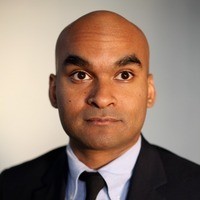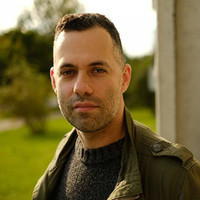In Somalia
Three decades ago, Mohamed Siad Barre, commander of the Supreme Revolutionary Council, head of the politburo of the Somali Revolutionary Socialist Party and the last ruler of a functional Somali state, built vast concrete buildings all over Mogadishu. The beautiful city on the coast of the Indian Ocean, with its Arabic and Indian architecture, winding alleyways and Italian colonial-era villas, was dominated by these monuments. They were Third World incarnations of Soviet architecture, exuding power, stability and strength. The buildings – like the literacy campaigns, massive public works programmes and a long war against neighbouring Ethiopia in the late 1970s and early 1980s – were supposed to reflect the wisdom and authority of the dictator.













